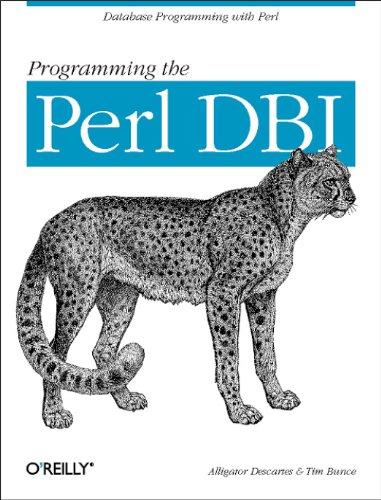Answered step by step
Verified Expert Solution
Question
1 Approved Answer
using C++ Implement a software program in either C++ stores and searches the Student records using double-hashing algorithm. Double hashing uses the idea of applying
using C++ Implement a software program in either C++ stores and searches the Student records using double-hashing algorithm. Double hashing uses the idea of applying a second hash function to key when a collision occurs.
The software program will be based on the following requirements:
Development Environment:
- If N is the maximum number of Student records to be inserted, then maximum number of slots for the hash table (TABLE_SIZE) will be N.
- The first hash function is defined as:
- hashValue1 = (Key % TABLE_SIZE) Where Key is the ID of the Student record (Refer to the Student class definition below)
- The second hash function is defined as:
- hashValue2 = PRIME (Key % PRIME) Where PRIMEis a prime number smaller than theTABLE_SIZEand Key is the ID of the Student record (Refer to the Student class definition below)
- For example, if TABLE_SIZEis 12, then PRIMEwill be 11.
- When the new Student record is to be inserted, the following steps will occur:
- A hash value (hashValue1) is computed using the first hash function.
- Using the computed hash value (hashValue1) as an index in the hash table, determine if there is a Student record previously inserted in this slot.
- If the slot is empty, insert the Student record into this slot.
- Otherwise, there is a collision. Compute the new hash value (hashValue2) using the second hash function. The new index will then be determined as:
- (hashValue1 + (C * hasValue2)) % TABLE_SIZE
Where:
- C is the collision counter.
- Cis initialized to 0.
- Each time there is a collision, Cis incremented by 1.
- Determine if there is a Student record previously inserted in the slot based on the new index.
- If the slot is empty, insert the Student record into this slot.
- Otherwise, go back to step (4) again until the Student record is inserted. Stop executing step (4) when Cis equal to TABLE_SIZE.
- To search for a Student record by the Student ID, apply the similar steps as described in the insertion steps.
Classes:
- The software program will have three classes. The requirements for each class are define as followings:
- Class Student This class must at least include the following properties:
- Student first name (required/non-null)
- Student last name (required/non-null)
- Student middle name (optional)
- Student ID (required)
- Class StudentHash This class will have the following methods with their signatures as listed below:
- StudentHash (Constructor)
- The constructor has one parameter. This parameter will be the maximum number of Student records that can be store in the hash table.
- It will create and initialize the hash table.
- Add()
- This method will receive a Student record. It will try to insert the given Student record in the hash table that belongs to this class.
- If the Student record is inserted successfully, it will return the collision index (C) as described in the insertion steps.
- If the Student record cannot be inserted in the hash table, it will return (C* -1).
- Search()
- This method will receive the Student ID used to look up for a Student record previously inserted into the hash table.
- If found, it will return the Student record.
- Otherwise, it will return null.
- PrintRecords()
- This method has no input parameters.
- It will display the Student record data that have been inserted in the hash table.
- No return value from this function is needed.
- StudentHash (Constructor)
- Class StudentHashDriver This class will contain the implementation of the main()method of the program. The following tasks will need to be implemented:
- There will be 3options:
- Option 1 Allow the user to enter Student records and add them in the hash table of the StudentHash class.
- Option 2 Allow the user to search for a Student record by the Student ID.
- Option 3 Print out the contents of the hash table.
- Option 1:
- Prompt the user for the number of Student records to be entered.
- Create an instance of the StudentHashclass, passing the number of Student records through the constructor of the StudentHashclass.
- Prompt the user to enter Student data.
- Add the Student data to the hash table of the StudentHash class.
- Whether or not the Student data can be added successfully, print out the collision number.
- If the collision number is not negative, print out Successfully inserted Student with ID (x).
- If the collision number is negative, print out Unsuccessfully inserted Student with ID (x).
- Option 2:
- Prompt the user for the Student ID.
- Search for the Student record in the hash table using this ID.
- If found, display the Student data.
- Otherwise, report to the user that no Student record can be found using this ID.
- Option 3:
- Print the contents of the hash table.
- There will be 3options:
- Class Student This class must at least include the following properties:
Step by Step Solution
There are 3 Steps involved in it
Step: 1

Get Instant Access to Expert-Tailored Solutions
See step-by-step solutions with expert insights and AI powered tools for academic success
Step: 2

Step: 3

Ace Your Homework with AI
Get the answers you need in no time with our AI-driven, step-by-step assistance
Get Started


